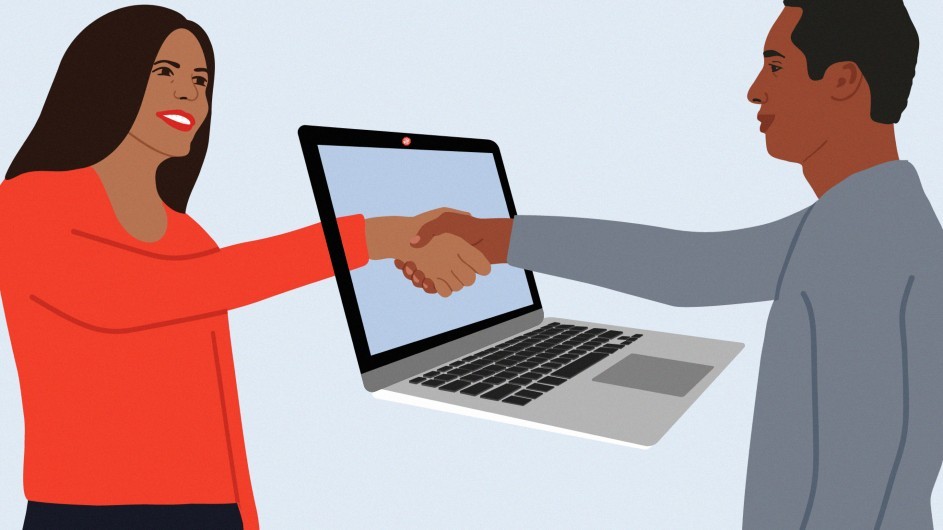This is part of a Columbia News series, titled Lessons Learned, which invites the Columbia community to reflect on the pandemic and the insights they have gained from their COVID-19 experience. These essays speak to the innovation, creativity and resourcefulness we have witnessed during this period of unprecedented challenge, as well as some of the silver linings in the actions we have had to take by necessity.
Back in March, when most of us in the Columbia community went into confinement, I had conversations with several students who were debating whether, how and when to go back home. One of them was concerned about his father, who lived in Paris and had just been hospitalized. As much as he wanted to be by his father’s side, he was worried about catching the virus from his travel across the Atlantic that might infect him and subsequently endanger his family. So, he resorted to speaking to him on Zoom every day.
“We have our ritual," he said. "I call him at 3pm every day. We discuss the news, politics and the latest audiobook I sent him.”
The student explained to me that these daily conversations had become one of the highlights of his day.
“The distance is hard to bear,” he told me, “but I’m thankful that I can at least 'see' my dad on Zoom.”
Throughout this crisis, countless others have been separated from their loved ones to varying degrees. While technology is no substitute for physical closeness and presence, we have learned to use it to stay connected. Whether connecting with our colleagues at work or having a cocktail with friends, Zoom and other online communication tools are now at the heart of our lives.
My work at the Alliance Program—a partnership between Columbia University, Sciences Po, Paris 1 Panthéon Sorbonne and Ecole Polytechnique—has also been transformed. Our core business is to nurture scholarly exchanges and academic travel among our four partners. As a result of COVID-19, we had to move many of our programs online. We held talks and workshops virtually. Faculty members from all four institutions are working together to help develop joint online courses. This will not only enable students in New York and Paris to be taught by professors from another university, across the Atlantic, but will also give them the chance to work with their peers on joint assignments and projects regardless of their physical location.
The student I spoke to back in March recently wrote to me. He ended up traveling to Paris, and was able to be with his father who is now out of hospital. What he shared in his message surprised me.
“Of course, one thing I realize is that nothing replaces the presence of our loved ones. But I am also grateful for all these months of videoconferencing. I learned so much about my dad’s life, and I was able to confide in him in ways that would not have been possible in a face-to-face conversation.”
Emmanuel Kattan is the Director of Columbia Alliance Program.

